KSA to accept Yuan for oil sales rather than the US dollar
It might appear to be just a simple switch from dollars to the Yuan, or the Renminbi, but it is a very significant deal. Saudi Arabia is considering pricing some of its oil sales in the Chinese Yuan rather than US dollar.
The ramifications of this would threaten the supremacy of the dollar and comes comes amid uncertain times for the Saudi relationship with the West, in particular the US and the UK.
The British PM was forced to travel to Saudi Arabia and the UAE to see what he can do to shore up oil production.
The British Prime Minister is visiting Riyadh reportedly in an attempt at lobbying the Saudi Crown Prince, Mohammed bin Salman, to increase the country's oil output, as energy sanctions on Russia have begun to hurt the West.
London announced last week that the UK will phase out the import of oil, and oil products, from Russia by the end of the year. The UK is much less reliant on Russia for fuel than its European allies acquiring about 3% of its gas consumption from Russia.
When we look at the dependency that the West in particular has built up on Putin's hydrocarbons, on Putin's oil and gas, we can see what a mistake that was, he has been able to blackmail the West.
British Prime Minister Boris Johnson
Saudi Arabia and the United Arab Emirates are top OPEC oil producers and have the spare capacity to pump more oil; however, they have given no indication of plans to increase the oil production despite rising energy prices.
Earlier this month White House officials tried to contact the Persian Gulf States regarding the situation but both countries refused to speak with Biden.
I think the objective of reducing dependency is a long term one but in the short term, Boris Johnson is seeking an increase of supply to bring downward pressure on prices that would really give a breath of relief to the British citizens but also internationally and this would showcase his relevance as an interlocutor, as a as a leader, that is perhaps harnessing and playing on Britain's historical role in the Gulf, as well.
Sanam Vakili, Analyst, Chatham House
The visit has resulted in an outcry of protests from UK legislators and human rights groups since it comes just days after Saudi Arabia executed dozens of people. It was the largest mass execution in Saudi Arabia's history.
And this double standard this hypocrisy, which we're seeing now in the case of Saudi Arabia we've seen many, many other times. That's always excused on the basis that we're good (and) our intentions are good. And so even if we're hypocritical, well, we either adore it or we find some reason to justify it.
Mark Weber, Director, Institute for Historical Review
Boris Johnson's visit to Saudi Arabia comes amid reports that the kingdom is in talks with China to price some of its oil sales in Yuan rather than the US dollar. The move could profoundly affect the energy market.
The two sides are conducting negotiations to partially shelve the dollar in energy transactions. China buys more than 25% of the oil the Saudi Arabia exports if priced in Yuan, those sales would boost the standing of China's currency.
The Saudis are also considering including Yuan denominated futures contracts known as the petro Yuan in the pricing model of the Saudi Arabian oil company, Aramco.
And even if Saudi Arabia moves this way, or that way towards China, toward even Iran, toward other countries. It's not a breakdown.
It's rather a part of a general trend that's been developing for some time that reflects a steady decline in the relative economic and financial clout of the US in the world.
This is happening everywhere to a greater or lesser degree. And Saudi Arabia is just one example.
Mark Weber, Director, Institute for Historical Review
According to a report by the Wall Street Journal, Saudi Arabia is uneasy with what the kingdom views as the waning US support for beyond the Saudi war on Yemen, and over the Biden administration's attempt to strike a deal with Iran.
The report also adds that Saudi officials have also said they are shocked by the precipitous US withdrawal from Afghanistan last year. China is the KSA's largest trade partner, mainly because it purchases 25% of all Saudi oil exports.
The move to conduct all transactions with China using the Yuan would mark a substantial shift for the oil market, where 80% of sales are conducted in dollars whereas all of Saudi Arabia's sales are exclusively carried out in dollars.
Iran’s layered arsenal primed to deter – and decimate – US warships in Persian Gulf
Iranian commander dismisses US military buildup in West Asia as ‘theatrical gesture’
Trump ‘curious’ why Iran hasn’t ‘capitulated’ despite massive US military buildup: Witkoff
Hawkish US senator pushes Trump to ignore aides, press ahead with war against Iran
Far-right, anti-Islam protest sparks counter-protests in Manchester
Press TV's news headlines
Sudan’s mining sector suffers $7 billion loss amid ongoing civil war
Ansarullah slams Israel’s massacre in east Lebanon, urges unified Arab action


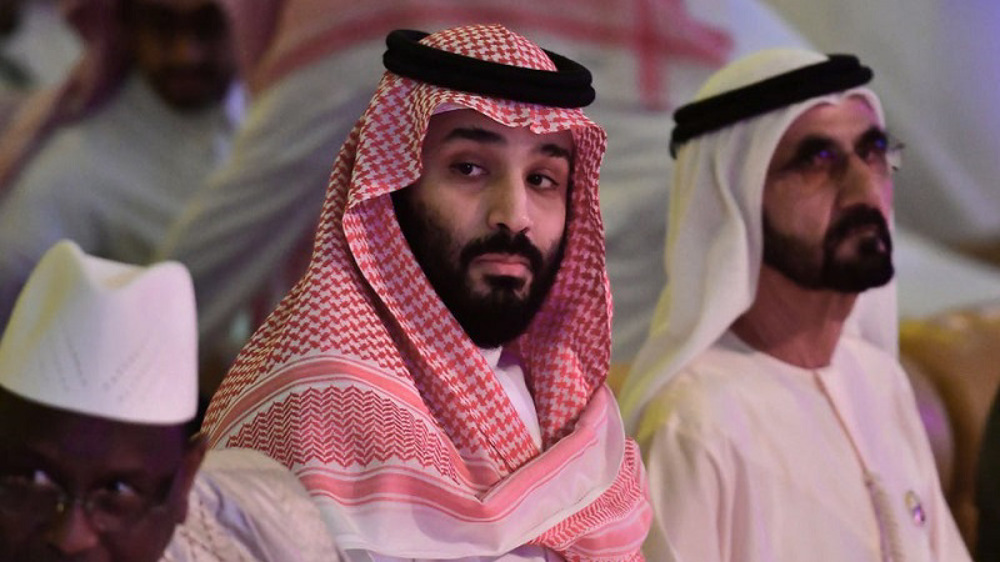

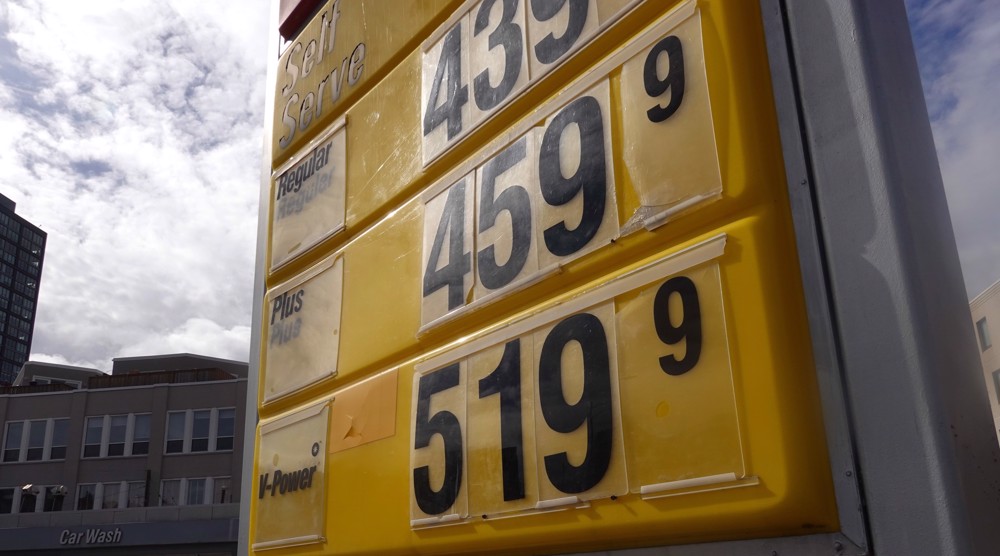
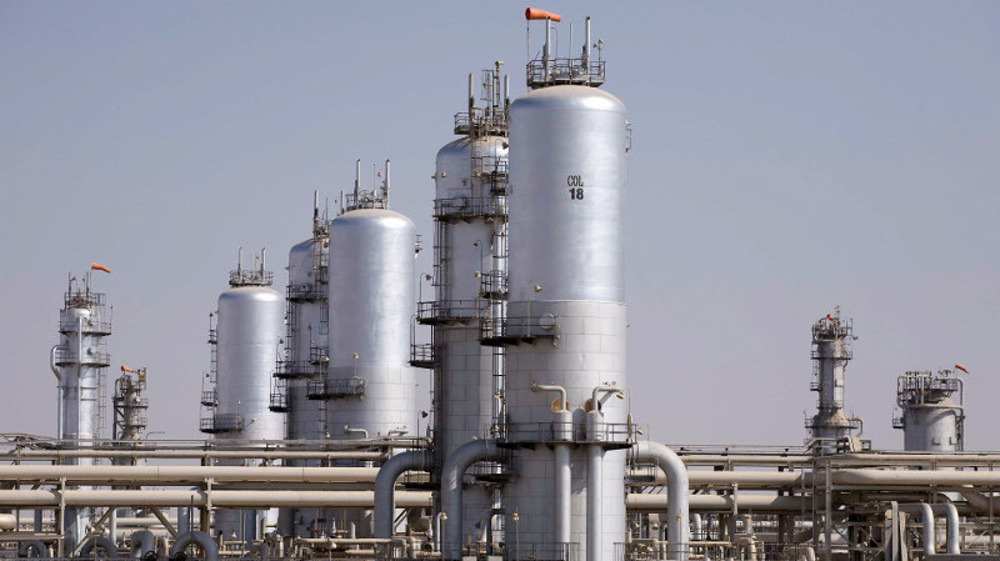
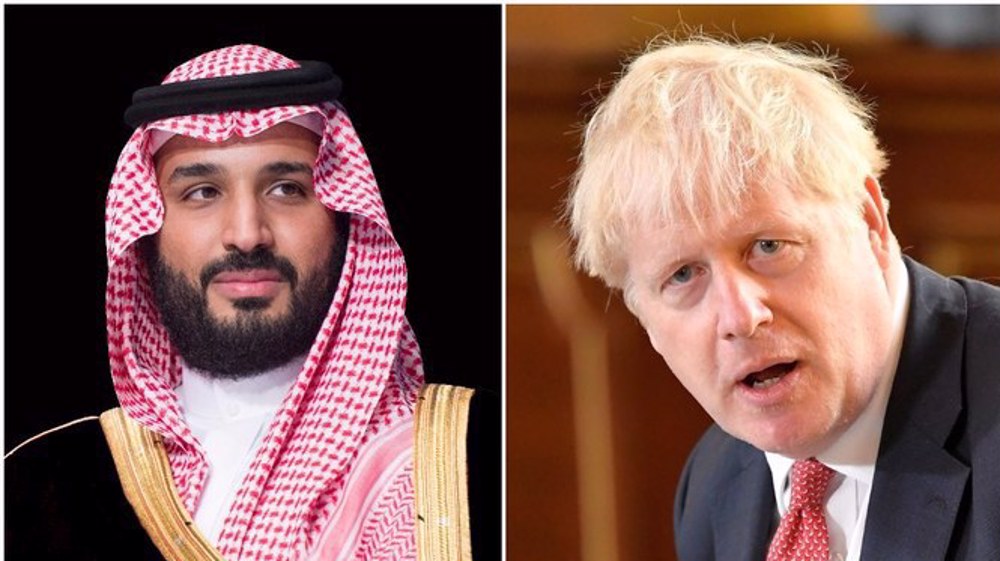

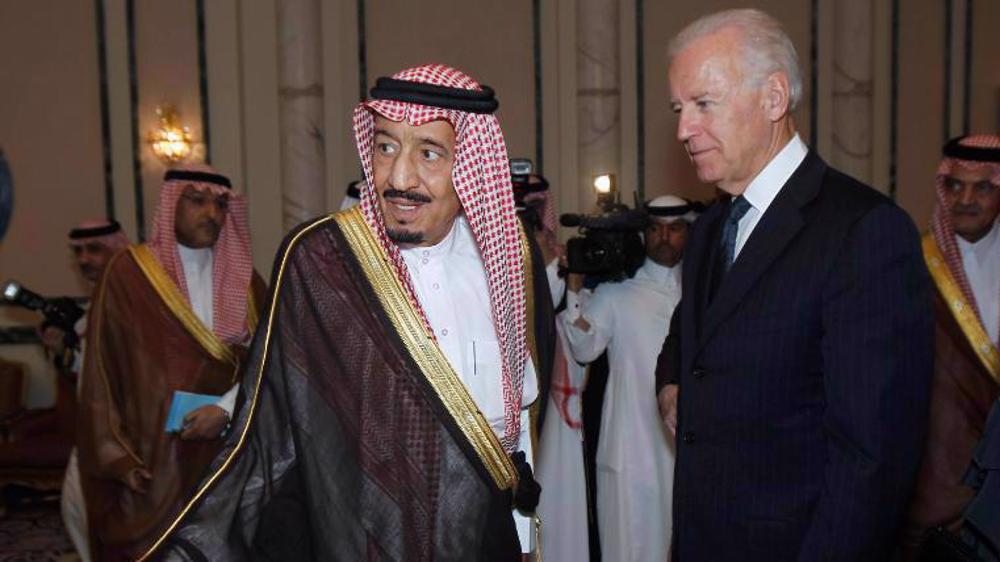
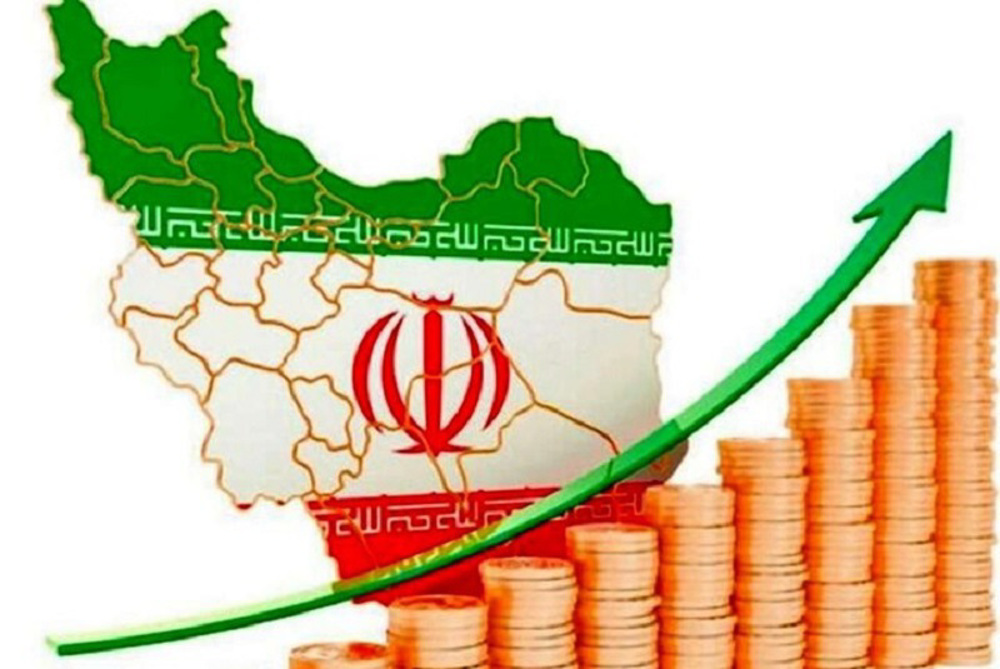





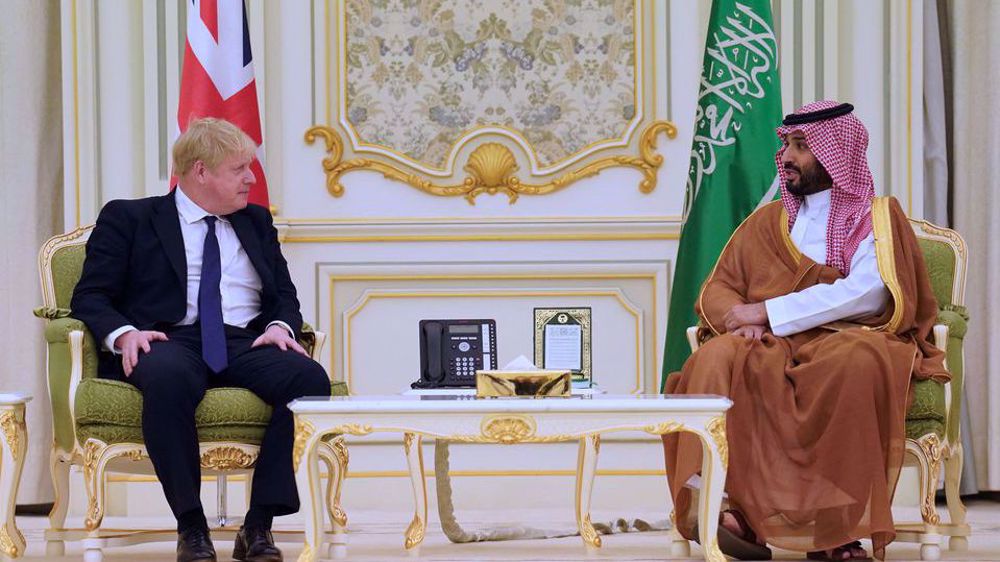
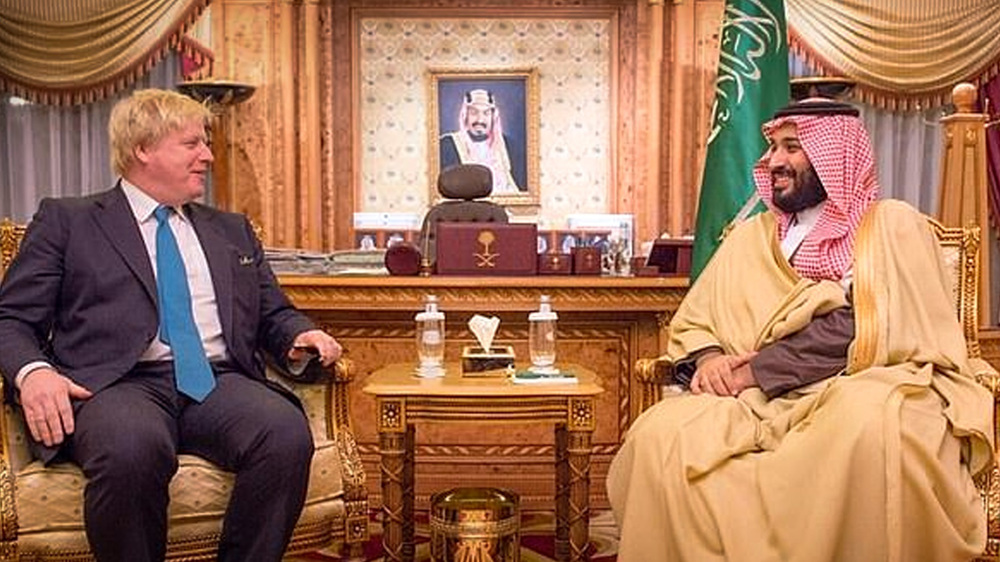


 This makes it easy to access the Press TV website
This makes it easy to access the Press TV website